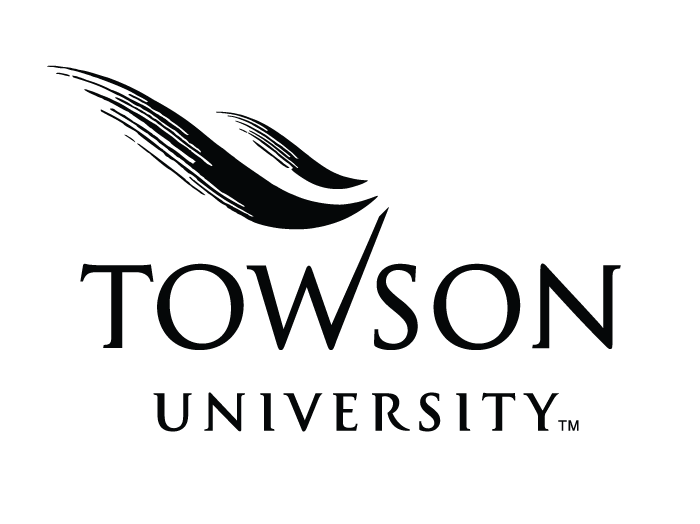
Associate Professor Jinjuan Feng (clockwise, fourth from left), doctoral student Jin Guo and undergraduates Ted Smith and Rhyan Vargas at the 2015 accessibility hackathon.
Associate Professor of Computer and Information Sciences Jinjuan Heidi Feng, doctoral student Jin Guo, and undergraduates Ted Smith ‘17 and Rhyan Vargas ‘17 presented SoundsRight CAPTCHA and two mobile apps at the 2015 Accessibility Hackathon in the General Services building in Washington, D.C. on March 31.
The group presented on “SoundsRight audio CAPTCHA: Making Web authentication accessible to blind users” and demonstrated the software during the round of “Lightning Talks” from 9:10-10 a.m.
“The Accessibility Hackathon was a great event,” said Smith. “I learned about the importance of 508 compliance and different ways I can make my programs more accessible for people with disabilities. It was an eye-opening opportunity. The lessons I learned from this event will stay with me for the rest of my development career.”
Fellow student Rhyan Vargas echoed those same sentiments.
“The Hackathon opened my eyes to the possibilities of what the future of technology has to offer in the accessibility arena,” said Vargas. “The Lightning Talks, brainstorming, and pitch a solution sessions were all hands-on and had my gears turning. I highly recommend these events to any student who loves solving real-world problems, networking, and technology. It’s a great environment for entrepreneurs too!”
Smith and Vargas were the only two undergraduate students to attend the event.
In the afternoon hacking sessions, one of the five projects was inspired by SoundsRight. Breakout sessions allowed the Tigers to showcase two mobile apps: a context-aware assistive solution to aid independent living for people with autism and ARMStroke for everyday stroke rehabilitation.
“The demos presented by the TU team caught tremendous amount of attention during the accessibility hackathon event,” Feng noted. “The SoundsRight CAPTCHA provides a highly innovative solution to a classic challenge in the fields of security and accessibility.”
Chief Technology Officer of the United States Megan Smith was pleased with her trial of the CAPTCHA software during the breakout session and encouraged the Towson group to use SoundsRight to collect metadata to enhance the recognition of environmental sound.
The SoundsRight CAPTCHA project team includes Jinjuan, Jonathan Lazar, Tim Brooks and Abiodun Olalere. The ArmStroke team includes Jinjuan, Katherine Tang, Sonia Lawson, Jin, Smith, and Vargas.
The goal of the event was to crowd source shareable solutions to digital accessibility problems that plague federal websites. The hackathon featured expert panels, networking opportunities and the chance to make a difference on issues that affect individuals who are visually impaired, hearing impaired or have mobility issues.
The event was hosted by the White House Office of Science and Technology Policy; 18F; the National Institute on Disability, Independent Living and Rehabilitation Research and DC Legal Hackers.
Towson University’s Jonathan Lazar, professor of computer and information sciences in the Jess and Mildred Fisher College of Science and Mathematics, along with colleagues, researchers and students were granted a U.S. patent for SoundsRight CAPTCHA in early 2014.
